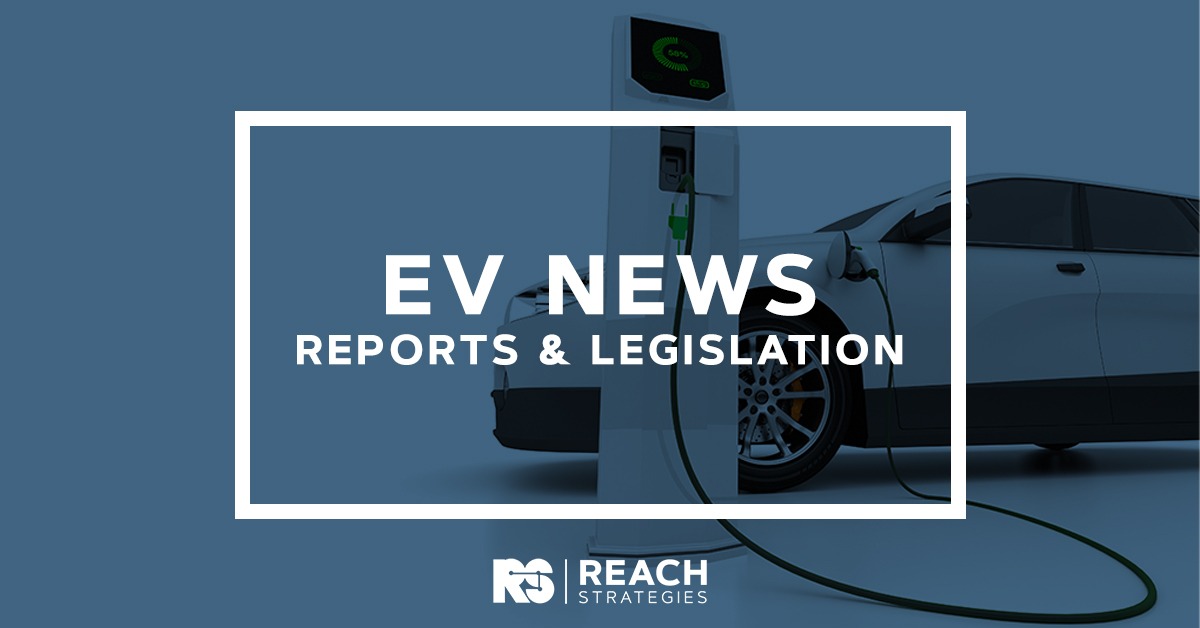 We were delighted to have the opportunity to hear from Anjali Bains, the Senior Clean Transportation Manager at Fresh Energy.
We were delighted to have the opportunity to hear from Anjali Bains, the Senior Clean Transportation Manager at Fresh Energy.
How did you get started in the EV field?
I actually started off my career in solar! But after seeing the industry expand and stabilize, I realized that there were other sectors that might benefit from more people working in them. A few of my solar colleagues had made the transition to EVs, so that seemed a possible new frontier. This sounds almost comical in its simplicity, but I also checked the US EPA’s GHG emissions site and saw transportation was the number one source of emissions in the U.S., and that solidified my decision to find a job with EVs for my next role. I started at Fresh Energy, leading their electric transportation policy work, soon after.
What excites you about working in the EV field?
Solar gave me the chance to experience and learn in an industry at its scaling phase, when corporations were taking it seriously and prices were competitive with fossil fuel generation. I transitioned to EVs at a time when buzz was real but the tipping point hadn’t quite been reached in actual scale. It’s been a treat to get to know the industry at a smaller size, and to really dig into issues of sustainability and supply and affordability that really weren’t as much of an issue in the solar industry when I was there.
What do you see as some of the challenges facing EV adoption?
Top of mind is general education on EVs for those who aren’t early adopters or gearheads. [Then} figuring out how to make charging at home accessible to those without access to garage charging and how to make other types of electric transportation solutions (like EV transit buses or EV car sharing) more widespread. And – of course – being ready and able to go toe-to-toe with the fossil fuel industries who know how to fight dirty and have a playbook ready to stem the tide of change to electric vehicles.
What has been the most rewarding part of working with EVs?
The people. [I love] working with a broad group of partners who support one another and are truly delightful to collaborate with. Also, learning about transportation as a whole. The solar industry made me familiar with power generation, but EVs straddle both power generation and an entirely new sector of transportation, which has its own complexity and history and system. I love complexity so that’s been a joy.
How can the environmental advocacy sector work toward more equitable practices?
I think the conversations that are happening and have been happening are key – and we as a sector need to make sure we translate those discussions into action. It is going to be uncomfortable, and we’re going to make mistakes along the way, but we just need to do better and recognize at the end of the day it’s not about us – it’s about making sure those who have been harmed and excluded for so long have an actual opportunity to lead the way in where we go. And we cannot compromise that aim for the sake of doing things a bit faster or easier.
There have been articles about how EVs exclude women from the conversation and marketing. What has it been like working as a woman in this field?
In the nonprofit policy and advocacy space that I’m in, there are actually quite a few women in leadership positions with high visibility who are shaping the conversations around EV policy, especially equitable EV policy. Gina Coplon-Newfield from Sierra Club, Hana Creger of the Greenlining Institute, Dr. Shelley Francis of EV Hybrid Noire, and Katherine Stainken from Plug In America come to mind. So I haven’t really felt barriers in my work. On the tech and private market side, I do see a bit more male domination. I myself have felt comfortable speaking up in all spaces regardless of gender dynamics because I was already one of a few women (and women of color) in the private solar finance and development industry, so I have practice.
What are your predictions for the next few years in this space?
I think we’re going to see general education of and experience with passenger EVs expand. I’ve already seen triple the EV ads on TV than I did last year. I think we’re [also] going to see the tipping point in passenger EV purchases, if the current momentum to EVs at the federal level and private market continues at full force. And EVs will expand in imagination for the general populace too – it’s not just about cars anymore, but also buses and refuse trucks.
Given that EV growth is anticipated to be vast in the years ahead, what advice would you offer to a newcomer to the field?
As a colleague and friend told me when I joined the industry, “it’s a lot to learn but you’ll get there.” There are a lot of bright, passionate, and generous people in this space who are more than willing to talk about all the myriad details and complexities involved with EVs and transportation more broadly. Things are evolving so quickly, and so many new people are coming into this space, that it’s a great time to join and learn and yet also make an impact really quickly in what you’re doing. Don’t be afraid or nervous – make the leap! It’s worth it.


 We were delighted to have the opportunity to hear from Anjali Bains, the Senior Clean Transportation Manager at
We were delighted to have the opportunity to hear from Anjali Bains, the Senior Clean Transportation Manager at 

